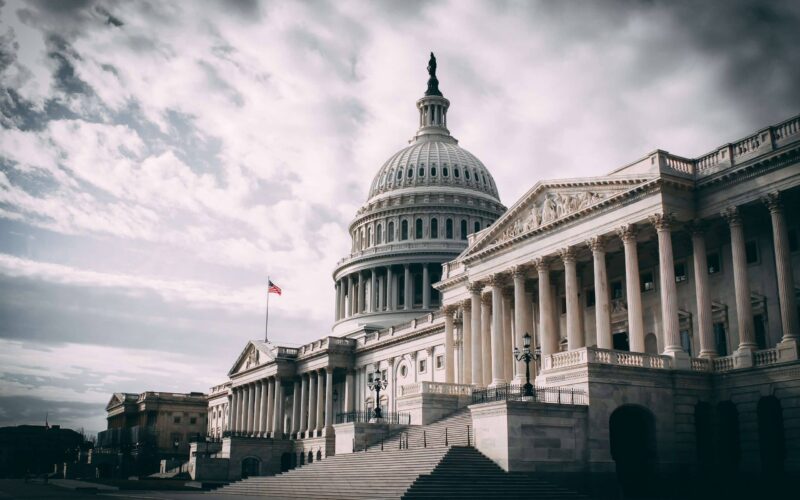Following extensive backlash from the cryptocurrency industry, the Internal Revenue Service (IRS) conducted a public hearing on Monday morning to address the recently proposed regulations on digital asset broker reporting. The regulations, initially filed on August 29th, 2023, have stirred up considerable controversy, evidenced by the staggering 125,000 comments submitted on the document as of Monday, November 13th.
The Debate Over Regulatory Framework
Proponents of the proposed regulations argue that they could pave the way for accurate accounting and taxation of cryptocurrencies. They believe that establishing a regulatory framework would bring much-needed clarity and stability to the sector. However, critics have raised concerns over the potential negative impact of these regulations on the entire cryptocurrency industry.
Critics argue that the definition of a broker used in the regulations is too broad and encompasses various entities that do not fit the traditional understanding of a broker. According to the DeFi Education Fund, the proposed regulations interpret the term “broker” to include “digital asset middleman,” a category that lacks clarity and deviates from the historical definition of brokers. American for Tax Reform also highlights the IRS’s focus on retrieving personally identifiable information (PII) and over-reporting, which goes beyond the requirements placed on traditional brokers.
“The Proposed Regulations interpret the term ‘broker’ to include ‘digital asset middleman,’ a vague and expansive category of market participants that bears little resemblance to the persons historically considered brokers.”
“The IRS is so fixated on retrieving customers’ personally identifiable information (PII) and ensuring taxes are properly reported that it is ignoring the costs of over-reporting.”
The Impact on DeFi Technology
Further concerns have been raised about the compatibility of these regulations with decentralized finance (DeFi) technology. Many argue that intermediaries contradict the core principles of DeFi, which is based on peer-to-peer transactions without the need for third-party involvement.
Michael D. Bodman, the founder and president of Open Source Ventures, emphasizes that there is no rationale behind labeling an imaginary middleman and forcing them to report on decentralized finance trades and cost-basis tax information. He claims that the absence of a middleman is what drives innovation and the value of the technology.
“There is no sound reason for Treasury and the IRS to label an imaginary middleman and force that imaginary middleman to report decentralized finance trades and cost-basis tax information.”
The potential implications of these regulations on the future of the crypto and DeFi industries are a significant concern for numerous industry players. Carlo D’Angelo, a witness and crypto criminal defense attorney, expressed his worries about the burden on growth and innovation in the digital asset sector. He further stated that the proposed regulations pose an existential threat to the future of crypto and DeFi in the United States.
“I stressed my concerns that if approved in its current form, these proposed asset reporting requirements significantly burden growth and innovation in the digital asset sector, and expose consumers to very serious data privacy risks.”
The upcoming 1099-DA form, slated to be released next year, marks the beginning of heightened regulatory oversight over the crypto community. However, it remains uncertain what impact the comments submitted during the public hearing will have on the final regulatory proposal.
















